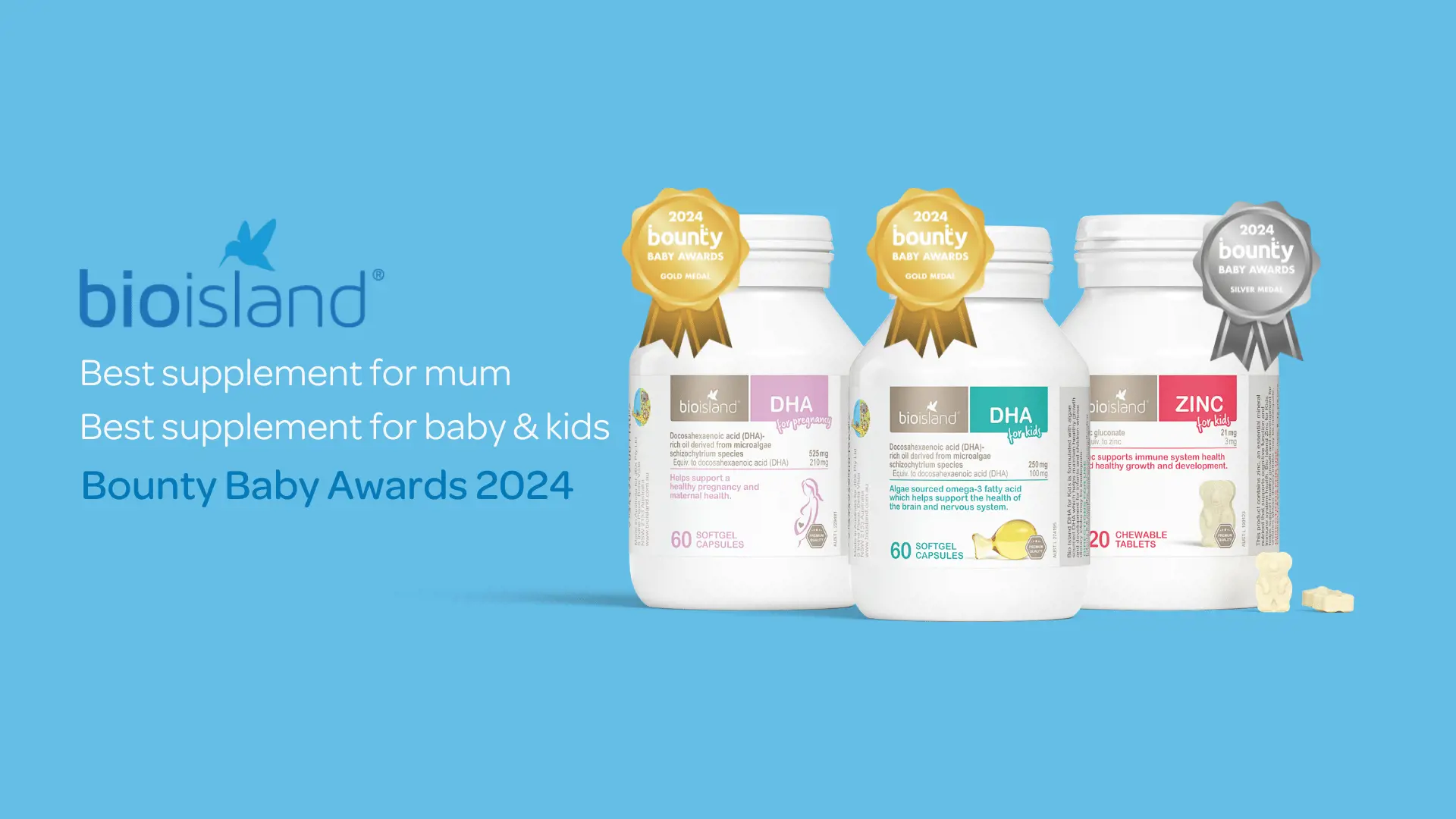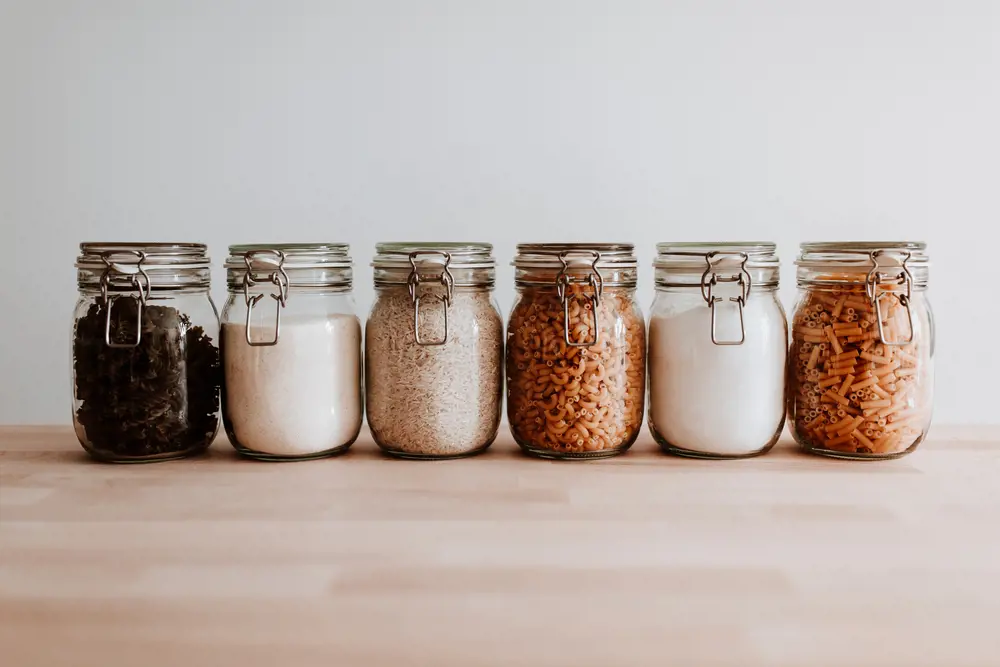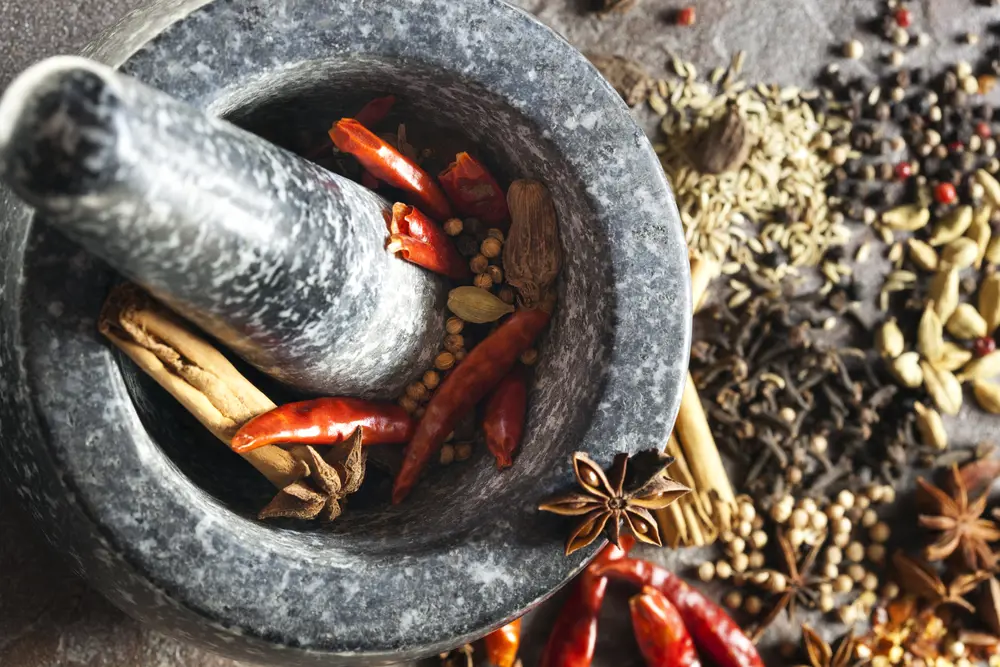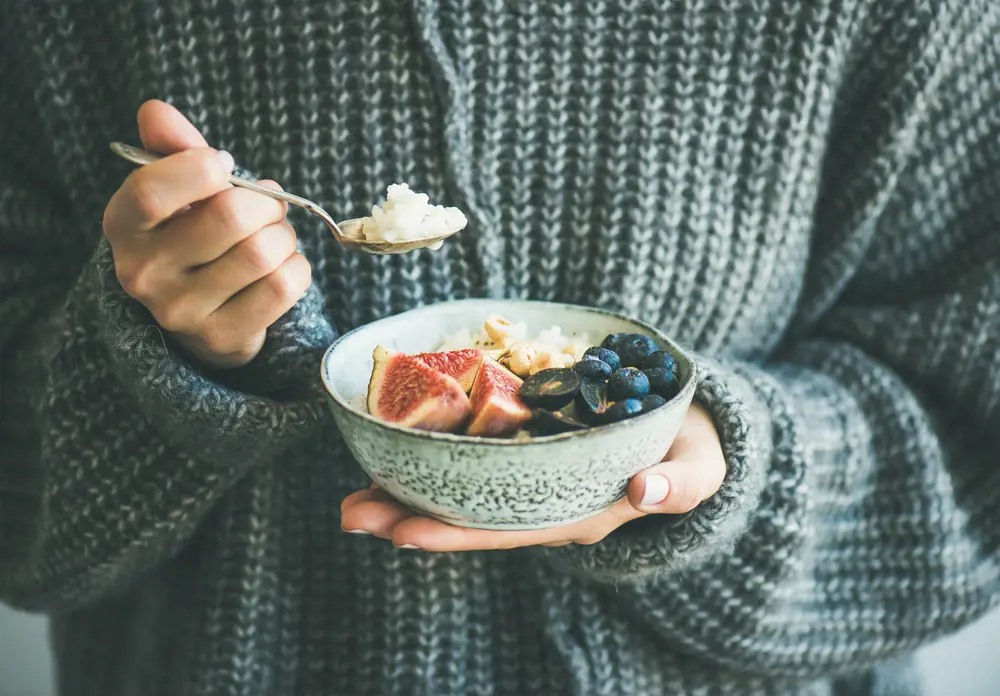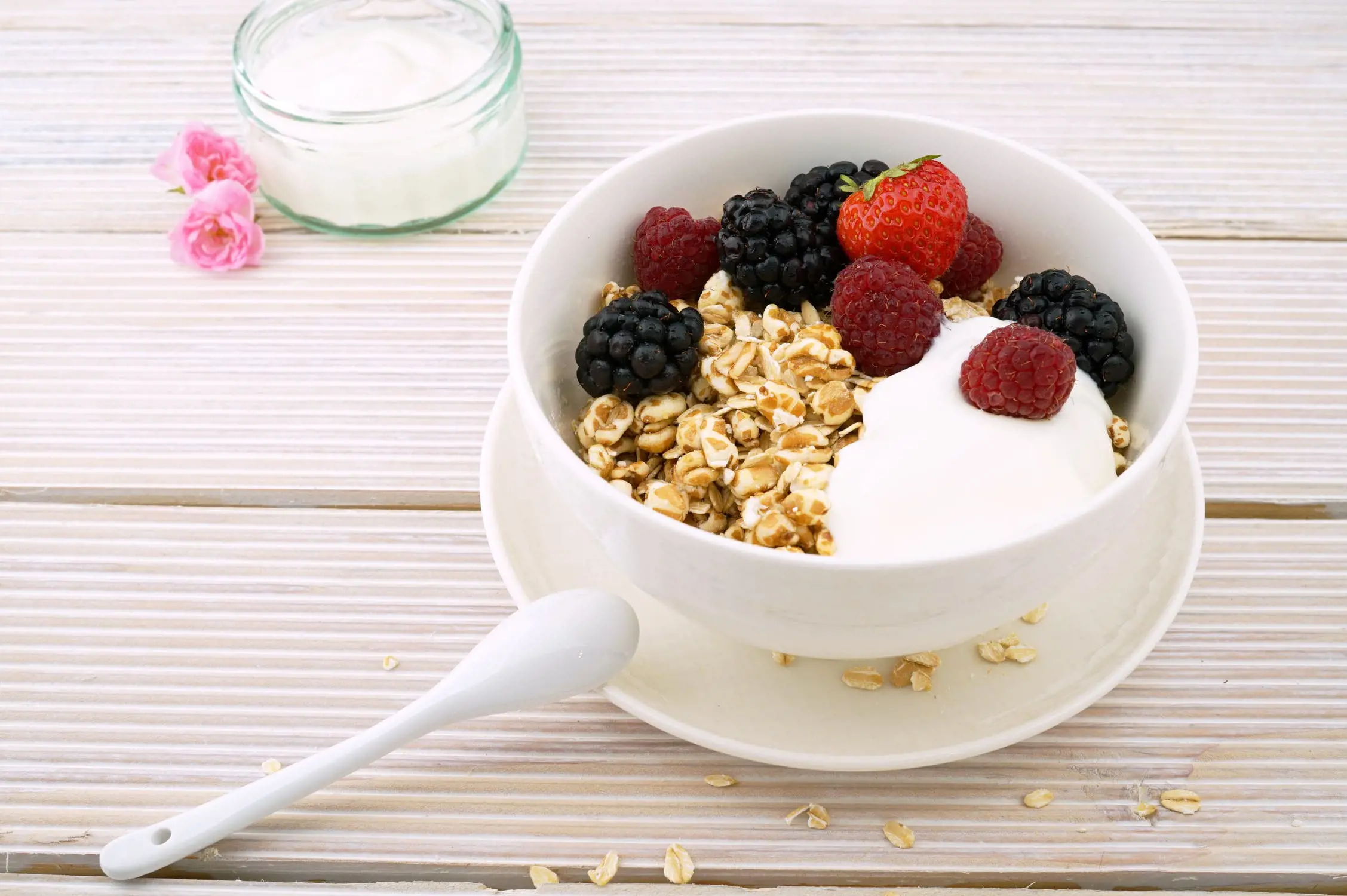
Sugars, sweeteners and ‘natural sweeteners' explained
Have you ever wondered what’s the difference between sugar and sweeteners or if one is even healthier than the other?
Nutrition
By Bio Island Nutrition Team
Have you ever wondered what’s the difference between sugar and sweeteners or if one is even healthier than the other? The easiest way to decide, is by understanding what you are consuming.
So, what are the basics? Sugar.
Sugars are carbohydrates that naturally occur in food but can also be added as an ingredient. Like other carbohydrates they are used up in the body for energy. An abundance of added sugar to your diet may cause insulin resistance, this means your body will struggle to convert sugar to energy. This can then lead to multiple health concerns such as type 2 diabetes, obesity, high blood pressure and heart disease. As a result of increased health concerns manufacturers have come up with sweeteners to act as a sugar substitute. They provide a sweet taste while containing significantly less energy, making it ‘zero – calorie’ or ‘low – calorie’.
Sweeteners can be categorised into two groups; artificial sweeteners and nutritive sweeteners.
Most artificial sweeteners are used as ‘table top sweeteners’ which refer to a replacement of sugar that can be used in your tea or coffee. However, they are also found in a wide range of manufactured food and drink products in the supermarket. If you are in the supermarket and notice on the label; diet, low calorie or no sugar. They more than likely replaced the sugar ingredient with an artificial sweetener, for instance many ‘Diet’ or ‘Zero Sugar’ Soft Drinks are sweetened with aspartame.
So, what is the difference between artificial and nutritive sweeteners? Artificial sweeteners are derived from plants or herbs, or even sugar itself. For example, sucralose is made from sucrose which is just common table sugar, however it has a greater intensity of sweetness compared to sugar, therefore smaller quantities are needed. Whereas nutritive sweeteners are based on different types of carbohydrates. They are referred to as nutritive as they provide calories and nutrients, where artificial sweeteners don’t.
- Artificial Sweeteners
- Aspartame (951) Sucralose (955)
- Saccharin (954)
- Acesulphame K (950)
- Alitame (956)
- Nutritive Sweeteners
- Xylitol (965)
- Fructose
- Isomalt
- Maltodextrin
- Sorbitol
Sweeteners are generally safe, but like most things it’s important to remember everything in moderation. Sweeteners are completely synthetic, and they pose no health advantages. Some evidence points to the fact that artificial sweeteners may alter gut microbiota, this means our digestion, immune system and mood are all effected (1). Sweeteners have also been shown to play a role in when our body craves food, since your body expects calories to come in when consuming sweet things, that when they don’t, we keep looking for them (2). Therefore, cravings and snacking are more than likely going to occur.
Whereas, natural sweeteners are sugar substitutes that are often promoted as healthier options than sugar or sweeteners. These include:
- Fruit juices and nectars
- Raw Honey
- Molasses
- Maple syrup
- Agave syrup
Natural sweeteners have a variety of uses both at home and in processed food. When used in moderation they can act as a substitute for sugars and artificial sweeteners. This is a healthier alternative as they contain vitamins and minerals which aren’t in sugar or sweeteners. For insistence molasses is a by-product of refined cane sugar, but unlike processed sugars and sweeteners it is full of nutrients such as iron, magnesium and calcium.
Overall, sweeteners and sugars have both advantages and disadvantages. Keeping in mind that manufacturers are adding sweeteners to processed foods not whole foods. It is important to remember moderation is the key in maintaining a healthy lifestyle and always take some time to read your food labels.
References:
1.Wang et al; Non- Nutritive Sweeteners possess a bacteriostatic effect and alter gut microbiota in mice. University of Sydney. July, 5 2018 <https://journals.plos.org/plosone/article/file?id=10.1371/journal.pone.0199080&type=printable >
2. Yang Q; Gain weight by “going diet?” Artificial sweeteners and the neurobiology of sugar cravings. Yale J Biol Med. 2010 <https://www.ncbi.nlm.nih.gov/pmc/articles/PMC2892765/>


